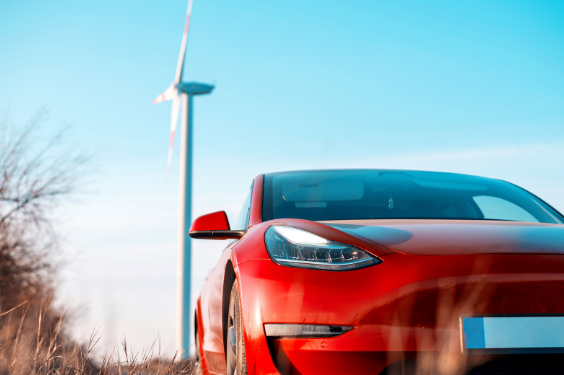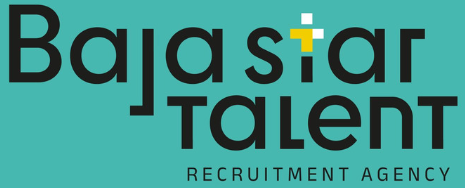Allie Arebalo said goodbye while Elon Musk decided to lay off approximately 500 employees from the charging department.

The chief human resources officer in Tesla, Allie Arebalo, left the company amidst another wave of layoffs. Elon Musk, owner of the firm, had fired 500 people from the supercharger business unit, which is crucial in the electric car industry.
This decision also impacts other automakers because many electric car manufacturers were hoping to rely on the network built by Musk’s company. The brand has 50,000 charging stations worldwide, with 15,000 in North America alone. Recently, it signed contracts with several competitors such as Ford, General Motors, and Rivian, so they can use the terminals.
It also signed charging agreements with car manufacturers like Stellantis, Volvo, Polestar, Kia, Honda, Mercedes-Benz, and BMW. It’s not clear who will now oversee these partnerships since commercial and customer service links have also been laid off.
With the departure of their HR chief, it was Musk himself who announced the news. The South African internally announced that Tesla’s supercharger group head, Rebecca Tinucci, and Daniel Ho, head of new products, would leave along with their teams, while the public policy unit will also be dissolved after its leader, Rohan Patel, leaves.
Drew Baglino, senior vice president leading Tesla’s engineering and technology development for batteries, motors, and energy products, resigned in April, and Martin Viecha, head of investor relations, announced he would also leave.
“Hopefully, these actions make it clear that we must be absolutely tough regarding staffing and cost reduction,” Musk expressed in the message. “While some executives take this seriously, most still do not,” he added.
In March, Elon Musk said the company would cut “more than 10 percent” of its total workforce, over 14,000 jobs, to achieve a “lean, innovative, and hungry” business.
The electric vehicle manufacturer has been cutting jobs throughout the organization, aiming for a workforce reduction of around 20 percent.
Musk has been fixated on cutting personnel since vehicle sales began to decline in recent months. He also eliminated most of the company’s Supercharger team, which oversees partnerships with other automakers in the Tesla charging connector adoption process.”
